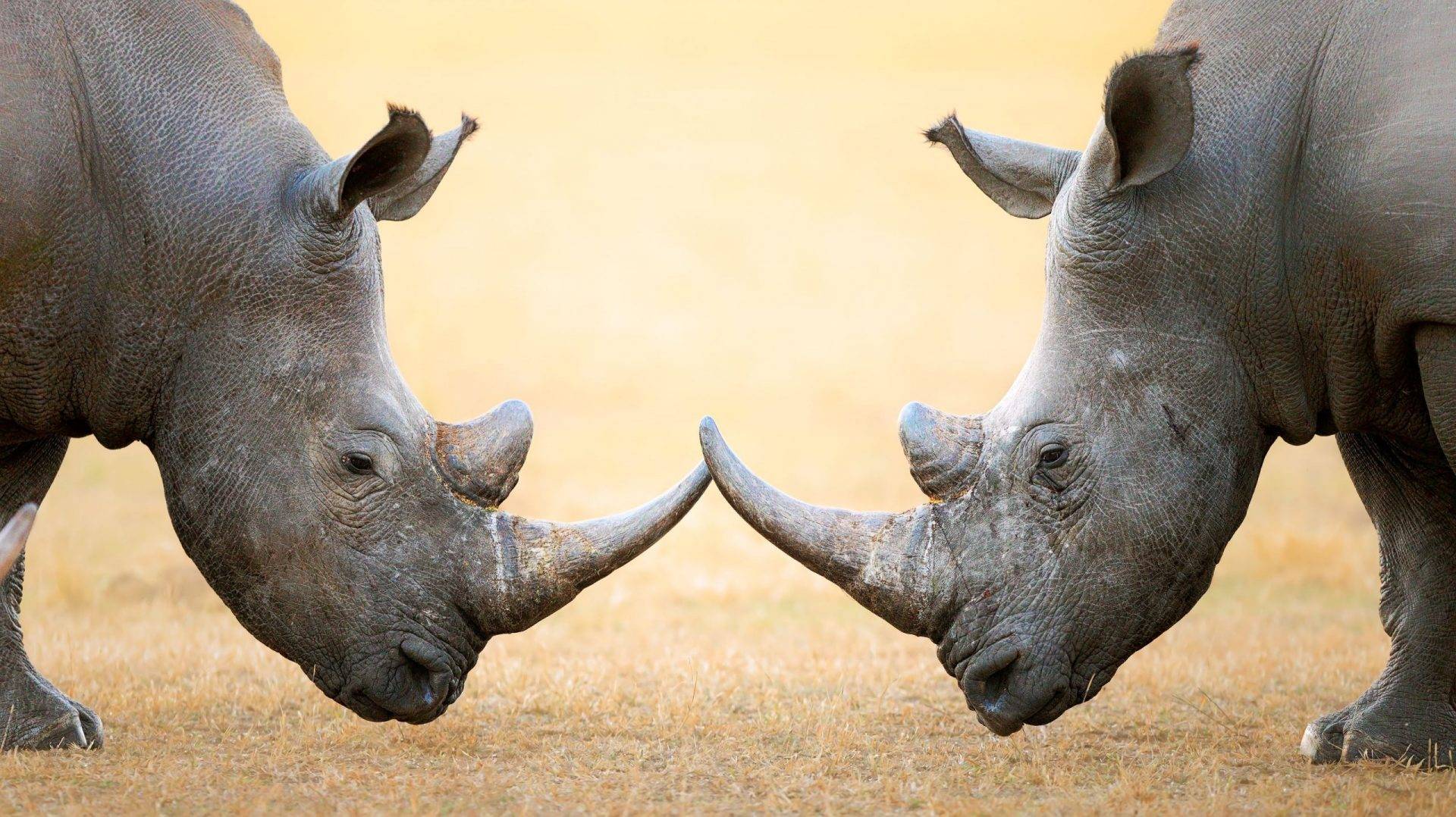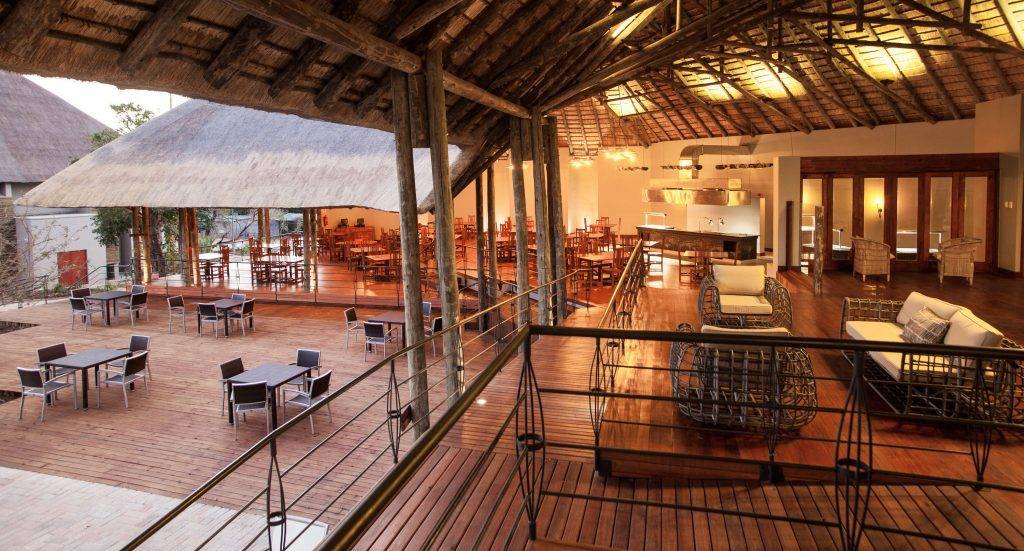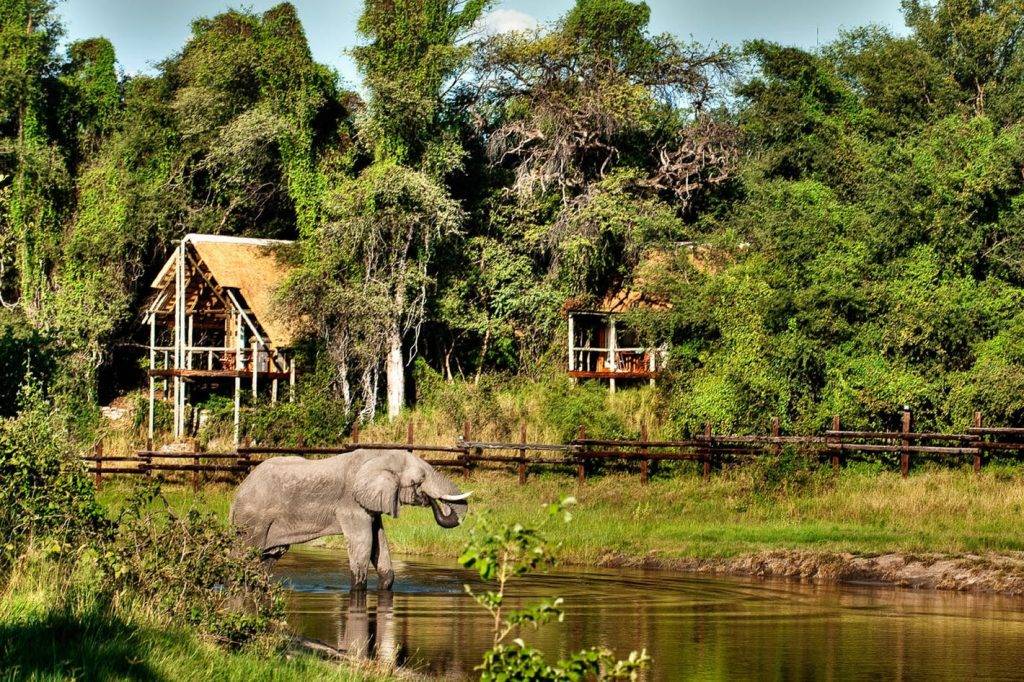How Little-Known Botswana – Despite Being Landlocked – Is Africa’s Best Safari Country

With tourism as Africa’s unofficial new gold, many countries are doing some elegant digging. Travel destinations on the continent are cleaning up their merchandise to the T, looking to lure in as many local and international visitors as realistically possible. One of the countries doing so despite – being landlocked and not having as many resources as the African bigwigs – is Botswana.
This is the land of the Big Five – a critically important stronghold of lions, home to Africa’s largest elephant herds, blessed with plentiful leopard and buffalo, and although the rhino remains the weak link, it is making a tentative comeback. Those are the words of Anthony Ham, an AU photographer and travel writer.
The Southern Africa country is topographically flat as a mat. What’s more, 70 percent of its territory is actually the Kalahari Desert. On its South and Southeast borders, it rubs bellies with South Africa.
But it does not have such luxury with one of the continent’s best economies on the other sides – bounded to the Northeast by Zimbabwe, to the West and North by Namibia.
Lack of territorial access to the sea, remoteness and isolation from world markets and high transit costs continue to impose serious constraints on the overall socio-economic development of landlocked countries.
Nevertheless, the nation manages to brandish one of the best titles when it comes to tourism in Sub-Saharan Africa.
Best Safari
In 2019, Botswana claimed the tourism league title for the best country for safaris in Africa for the second year in a row. The ranking, carried out by Safaribookings,com, considered and analyzed more than 4,000 reviews of safaris across Africa before deciding on a winner.
Without much guess, it’s the famous Okavango Delta that draws the crowd. But, the Kalahari Desert, which is supposed to be a bummer, does it bit for the draw-cards as well. Both of these destinations live up to a certain hype whose fruits can only be reaped by Botswana.

But asides from sprawly grassy plains and a long stretch of sand, dry and dust, the country also landed the best country overall for wildlife. It also beat every other African country in the race for the most attractive wildlife. If there’s any place in the continent where bird-watching is carried on and the bush has vibe, it’s Botswana.
Being the best African tourism hotspot for wildlife-related reasons may not come as a surprise to many. The country has the largest population of elephants in the world, having more than 130,000 of them. According to the World Wildlife Fund (WWF), there are now around 415,000 African elephants left in the world.
What The Numbers Say
In 2018, the World and Tourism Council (WTTC) was impressed that Botswana’s tourism sector was doing remarkably. The organization’s report revealed that the sector snowballed by 3.4 percent in 2018 to exceed USD 2.5 Bn. The annual review also says the sector now contributes nearly 1 in every 7 dollars to the country’s economy.
The average growth of any tourism sector in Sub-Saharan Africa is 3,3 percent. But Botswana nudged above the benchmark to provide 84,000 jobs, which is 8.9 percent of the country’s total employment for 2018. Nevertheless, Ethiopia is the best performer when it comes to going above the SSA average.
Ethiopia, also landlocked, had the most remarkable growth of all countries analysed for the 2019 Economic Impact Report, sitting as the number one fastest-growing country, with their Travel & Tourism GDP growing 48.6 percent. They also contribute 9.4 percent Travel & Tourism GDP to the country’s overall GDP.
The same 2018 was when Botswana narrowly defeated Tanzania to become the continent’s best safari haven for the first time. In 2019, the country went on to strengthen its grip on the title, still keeping Tanzania one place behind.
Answering The ‘Why?’
Despite being one of the 16 landlocked countries in Africa, Botswana is making its tourism thrive by luring in its own neighbors. Almost like, if these countries are preventing us from having water on any end, then we might as well milk the situation for what it’s got.
A WTTC – the authority on world travel and tourism – spokesperson told WeeTracker that the major elements of fueling the growth of Botswana’s tourism sector are inbound arrivals from its Southern African roommates.
“Inbound arrivals are highest from Zimbabwe and South Africa, 40 percent and 33 percent respectively. Following is Zambia at 7 percent, Namibia 6 percent, and the United States 3 percent,” the source said.
Also, 73 percent of spending comes from international visitors, while 96 percent of spending comes from leisure travellers. 27 percent of the harvest came from travels within the country. According to various reports, the T&T share of the country’s GDP has increased twofold in the past 24 years. That’s from 6.5 percent in 1995 to 13.4 percent in 2018.
Back To Tusks – And Horns

Some 2 weeks ago, the government of Botswana sold people rights to gun down a total of 6 elephants. The move, meant to reduce the elephant-human crises in the country, puts a spotlight on how wildlife has acted as its tourism’s springboard.
70 percent of total T&T earning and more than 10 percent of the sector’s total employment are due to wildlife. Tanzania sees approximately 46 percent of its international tourists taking part in wild-life related activities.
Additionally, social media studies such as Willemen et al (2015) show that Addo Elephant National Park in South Africa is among the African Protected Areas with the highest potential to attract wildlife tourism based on attractive species occurrence.
Overall, Africa sees 36.3 percent (USD 29.3 Bn) wildlife tourism as a percentage of direct regional T&T GDP. a WTTC factsheet sent to WeeTracker says.
“Thus, while we cannot say for certain from our report that elephants and rhinos bring tourism numbers to Botswana, one could expect based on these case studies that T&T in Botswana would benefit in a similar way” WTTC said.
Poaching Policy
Botswana recognizes its animals bring its some spend. It’s probably why the government instills a strict anti-poaching policy. To remain a haven for wildlife, the country commits immense resources to combat poaching, which is why the lifting of the ban on elephant poaching came controversially.
Despite these provisions, poachers have taken advantage of the large size of the Okavango Delta and its difficult wetland terrain. Since 2018, 23 white and 8 black rhinoceroses have been killed, according to the Ministry of Environment, Natural Resources Conservation and Tourism.
The number of rhinos in Botswana is being kept a secret, but the government isn’t thinking twice about saying there would be none left if the poaching continues in a year or two. These animals, presumably 502, are being hunted for their horns, which cost over USD 65 K – and rising.
The Department of Wildlife along with the Botswana Defence force created one of the world’s finest anti-poaching units and White Rhino were reintroduced into the Okavango. There are now only about 40 rhinos in the Delta region.
The Whole Team
Of the top 20 fastest-growing countries when it comes to T&T GDP, six of them are located in Sub-Saharan Africa.
Most of the other five are very unlikely countries, just like the ones who are doing the most for inclusive growth in the continent.
They are as follows:
- Rwanda: sixth fastest growing in terms of Travel & Tourism GDP. 13.8 percent Travel & Tourism GDP growth with 14.9 percent of their overall GDP coming from T&T
- Uganda: 12th fastest growing, 11.5 percent T&T GDP growth with 7.7 percent overall GDP coming from T&T.
- Sao Tome and Principe: is 14th fastest growing, 10.4 percent T&T GDP growth with 27.8 percent overall GDP coming from T&T.
- Guinea: is 17th fastest growing, 8.7 percent T&T GDP growth with 5.0 percent overall GDP coming from T&T.
- Seychelles: the country with the strongest passport in Africa, is in the 20th position.
Featured Image: Mental Floss